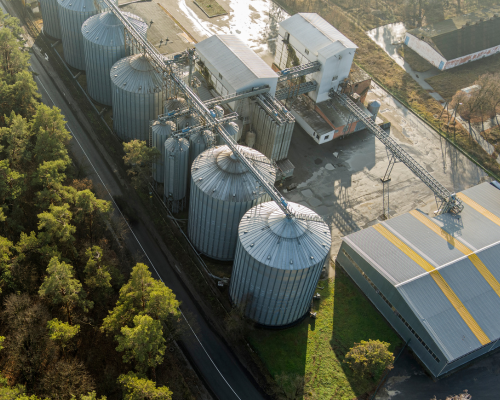| |
|
|

Compressed Biogas(CBG)
Experience the future of sustainable energy with our biofuel services. We are specialized in converting
organic waste into clean, renewable biofuel. Our state-of-the-art facilities and expertise ensure
eco-friendly solutions for clean and green world. Join us in the machine towards reducing carbon footprints, lowering energy
costs for a sustainable tomorrow.
Compressed Biogas (CBG) is a form of biogas that is purified and compressed to serve as an
ecofriendly alternative to conventional fossil fuels. Derived from organic waste materials such as
agricultural residues, municipal wastes, live stock droppings and industrial by-products like press mud from sugar mills,
CBG is produced through the process of anaerobic digestion. This process involves the breakdown of
organic material by microorganisms in the absence of oxygen, resulting in the production of biogas,
which is primarily methane.

The biogas is then purified to remove impurities and carbon dioxide, hydrogen sulphade ,moisture and compressed 250bar to increase density, making it suitable for use as a fuel in vehicles, industrial purposes, and for
domestic cooking purposes. The promotion of CBG production aligns with global and national objectives to
reduction of greenhouse gas , decrease depandable on fossil fuels, a part from supporting self sustainable waste
management practices.
We are coming up with 24TPD Integrated CBG unit in Mangalweda Taluk, Solapur district of
Maharashtra
Benefits
- Waste management : CBG projects shall help to improve waste handling & Managment.
- Renewable energy : Biogas is a renewable energy source that can't be depleted & Complicated.
- Sales Foreign Exchange : CBG projects shall help in comarting importing of fossil fuels of which are ......% of our rquirement.
- Cleaner fueling : Biogas is a cleaner fuel than other Fuels.
- Efficient transportation : Biogas can be compressed and stored, making it logistics cost cheaper.
- Fuel cells : Biogas-powered cells are more efficient than IC engines or gas
turbines, and produce little emissions.
|
|
|
|
|